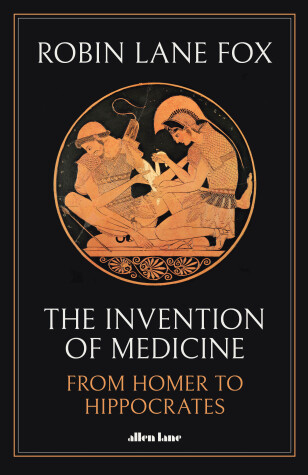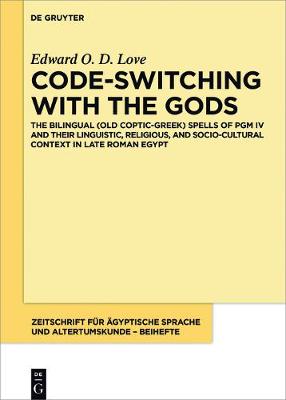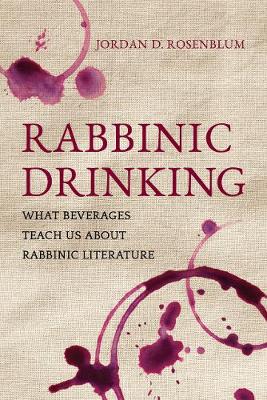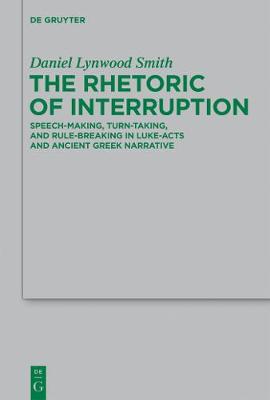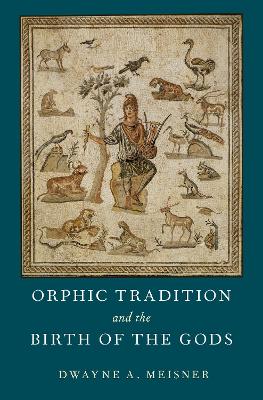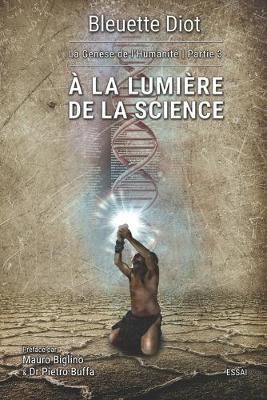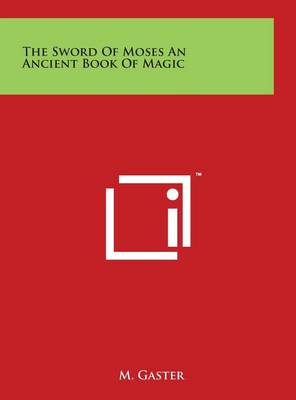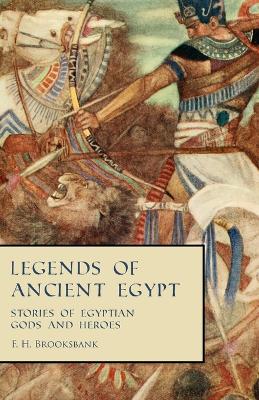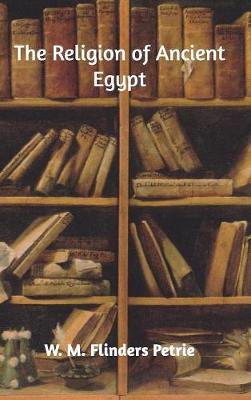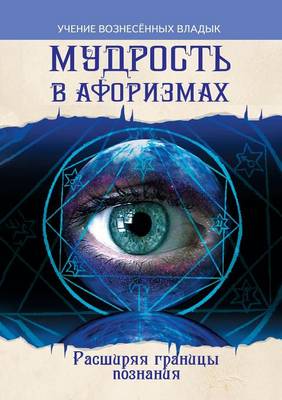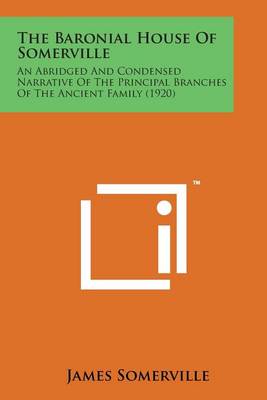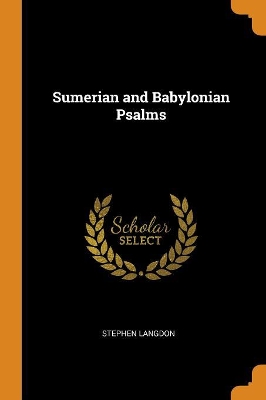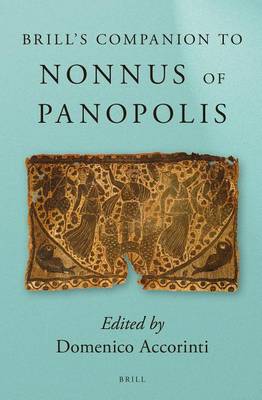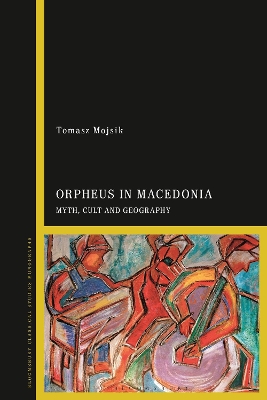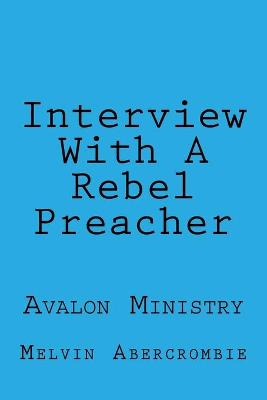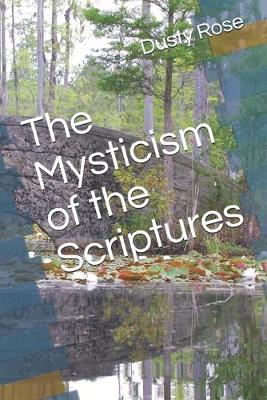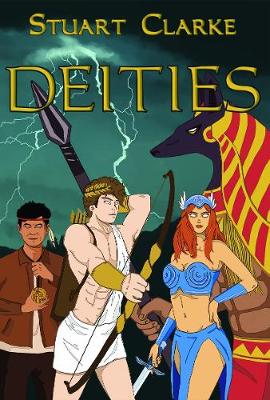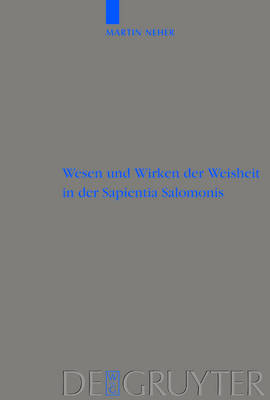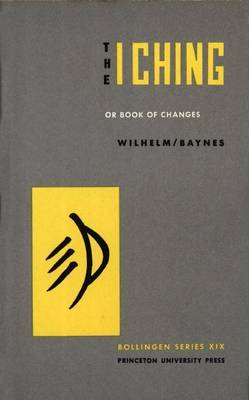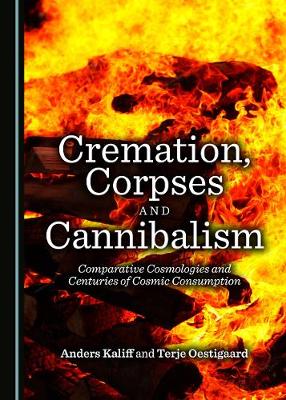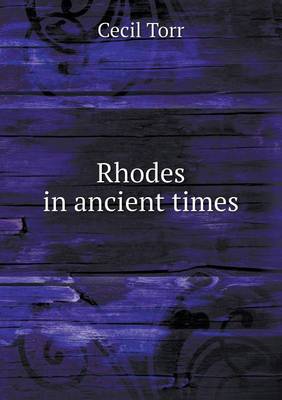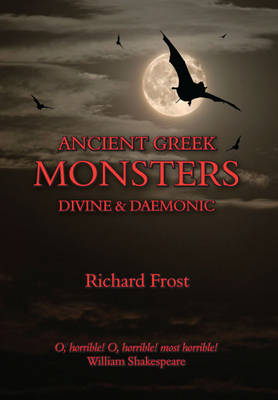Longlisted for the RUNCIMAN AWARD, 2021Medicine is one of the great fields of achievement of the Ancient Greeks. Hippocrates is celebrated worldwide as the father of medicine and the Hippocratic Oath is admired throughout the medical profession as a founding statement of ethics and ideals. In the fifth century BC, Greeks even wrote of medicine as a newly discovered craft they had invented. Robin Lane Fox's remarkable book puts their invention of medicine in a wider context, from the epic poems o...
Code-switching with the Gods (Zeitschrift fur agyptische Sprache und Altertumskunde - Beiheft)
by Edward Oliver David Love
This volume provides the first comprehensive text edition of the Egyptian language sections of P. Bibliotheque Nationale Supplement Grec. 574 (PGM IV) and analysis of their script, language, and the bilingual spells which they are part of. The magical practices preserved in the PDM and PGM have been published for nearly a century, yet it is only recently that research has focused on investigating the complex relationship between the languages, scripts, and religious traditions they exhibit, as w...
Though ancient rabbinic texts are fundamental to analyzing the history of Judaism, they are also daunting for the novice to read. Rabbinic literature presumes tremendous prior knowledge, and its fascinating twists and turns in logic can be disorienting. Rabbinic Drinking helps learners at every level navigate this brilliant but mystifying terrain by focusing on rabbinic conversations about beverages, such as beer and wine, water, and even breast milk. By studying the contents of a drinking vesse...
The Rhetoric of Interruption (Beihefte zur Zeitschrift fur die Neutestamentliche Wissenschaft)
by Daniel Lynwood Smith
Why are so many speakers interrupted in Luke and in Acts? For nearly a century, scholars have noted the presence of interrupted speech in the Acts of the Apostles, but explanations of its function have been limited and often contradictory. A more effective approach involves grounding the analysis of Luke-Acts within a larger understanding of how interruption functions in a wide variety of literary settings. An extensive survey of ancient Greek narratives (epics, histories, and novels) reveals th...
The hatching of the Cosmic Egg, the swallowing of Phanes by Zeus, and the murder of Dionysus by the Titans were just a few of the many stories that appeared in ancient Greek epic poems that were thought to have been written by the legendary singer Orpheus. Most of this poetry is now lost, surviving only in the form of brief quotations by Greek philosophers. Orphic Tradition and the Birth of the Gods brings together the scattered fragments of four Orphic theogonies: the Derveni, Eudemian, Hieron...
Legends of Ancient Egypt - Stories of Egyptian Gods and Heroes
by F H Brooksbank
Мудрость в афоризмах. Расширяя границы соk
by Л.А. Секлитова and Л.Л. Стрельникова
Brill's Companion to Nonnus of Panopolis (Brill's Companions in Classical Studies) (Brill's Companions to Classical Studies)
The Egyptian Nonnus of Panopolis (5th century AD), author of both the 'pagan' Dionysiaca, the longest known poem from Antiquity (21,286 lines in 48 books, the same number of books as the Iliad and Odyssey combined), and a 'Christian' hexameter Paraphrase of St John's Gospel (3,660 lines in 21 books), is no doubt the most representative poet of Greek Late Antiquity. Brill's Companion to Nonnus of Panopolis provides a collection of 32 essays by a large international group of scholars, experts in t...
The mythological hero Orpheus occupied a central role in ancient Greek culture, but ‘the son of Oeagrus’ and a ‘Thracian musician’ venerated by the Greeks has also become a prominent figure in a long tradition of classical reception of Greek myth. This book challenges our entrenched idea of Orpheus and demonstrates that in the Classical and Hellenistic periods depictions of his identity and image were not as unequivocal as we tend to believe today. Concentrating on Orpheus' ethnicity and geogr...
Interview With A Rebel Preacher (Holy Spirit Wife of God, #2)
by Melvin L Abercrombie
Das Buch behandelt die in der Forschung umstrittene Frage, ob es sich bei der personifizierten Weisheit in der Sapientia Salomonis bereits um eine Hypostase oder lediglich um eine Vorstufe im Sinne einer poetischen Personifikation handelt. Auf die traditionsgeschichtliche Analyse der einschlagigen Weisheitstexte in Prov 1-9, Hiob 28, Sirach 1,1-10 und 24 folgt die Auslegung der zentralen Texte der Sapientia Salomonis (Sap 1,1-10; 7,1-8,1; 9,1-18 und 10,1-11,1). Da in der judischen Spatschrift...
The I Ching, or Book of Changes, a common source for both Confucianist and Taoist philosophy, is one of the first efforts of the human mind to place itself within the universe. It has exerted a living influence in China for 3,000 years, and interest in it has been rapidly spreading in the West.
Death matters and the matters of death are initially, and to a large extent, the decaying flesh of the corpse. Cremation as a ritual practice is the fastest and most optimal way of dissolving the corpse's flesh, either by annihilation or purification, or a combination. Still, cremation was not the final rite, and the archaeological record testifies that the dead represented a means to other ends - the flesh, and not the least the bones - have been incorporated in a wide range of other ritual con...
"Not the shadow of a smile disturbs the dry exposition of the scholarly Englishman [Cecil Torr] who has given us the best historical monograph on the island... Read him and you will see why..." (Lawrence Durrell, "Reflections on a Marine Venus"). Cecil Torr's two 19th-century studies of Rhodes, in the Greek Dodecanese, off the coast of Asia Minor, were the first and most authoritative English guides to the island's multi-layered history. Although more than a hundred years have passed since publi...
An A-Z of some of the most celebrated creatures in Greek mythology, from the lizard-like Centaur, Abas, to Zeus, tyrannical king of the Olympian gods, and including Alcyoneus, Bia, the Chimaera, Damysus, Echidna, Fear and Famine, Geryon, the Hydra, Ixion, Jealousy, Kourotrophus, Ladon, Medusa, the Nemean Lion, Orthrus, Peace and Quiet, Rhoetus, Sisyphus, Thanatos, Udaeus, Violence, War, Xanthus, Yearning and the zealous Zelus. Also featured are the Aloadae, baleful Boars, Corybantes and Curetes,...
